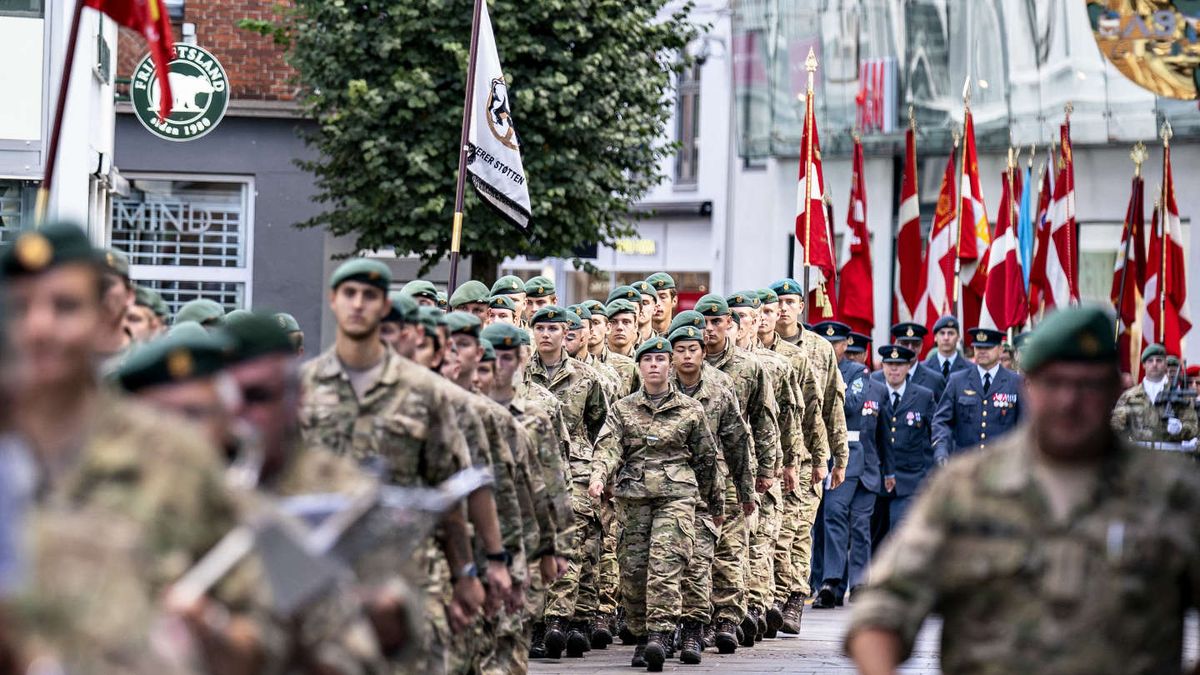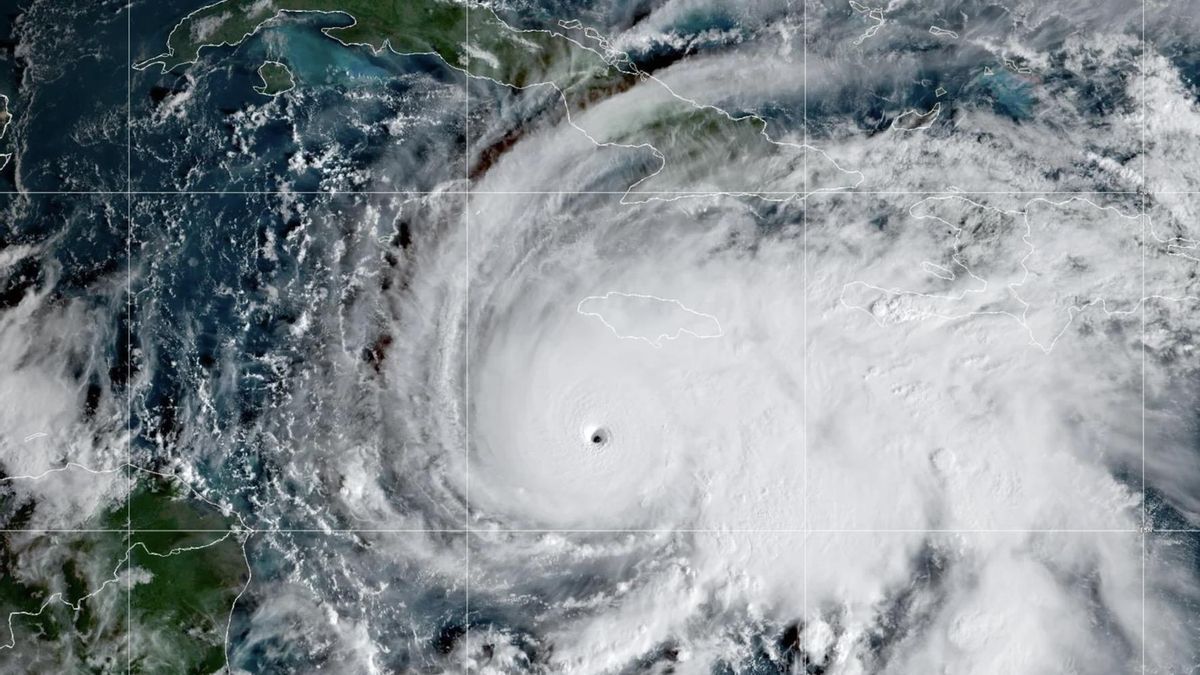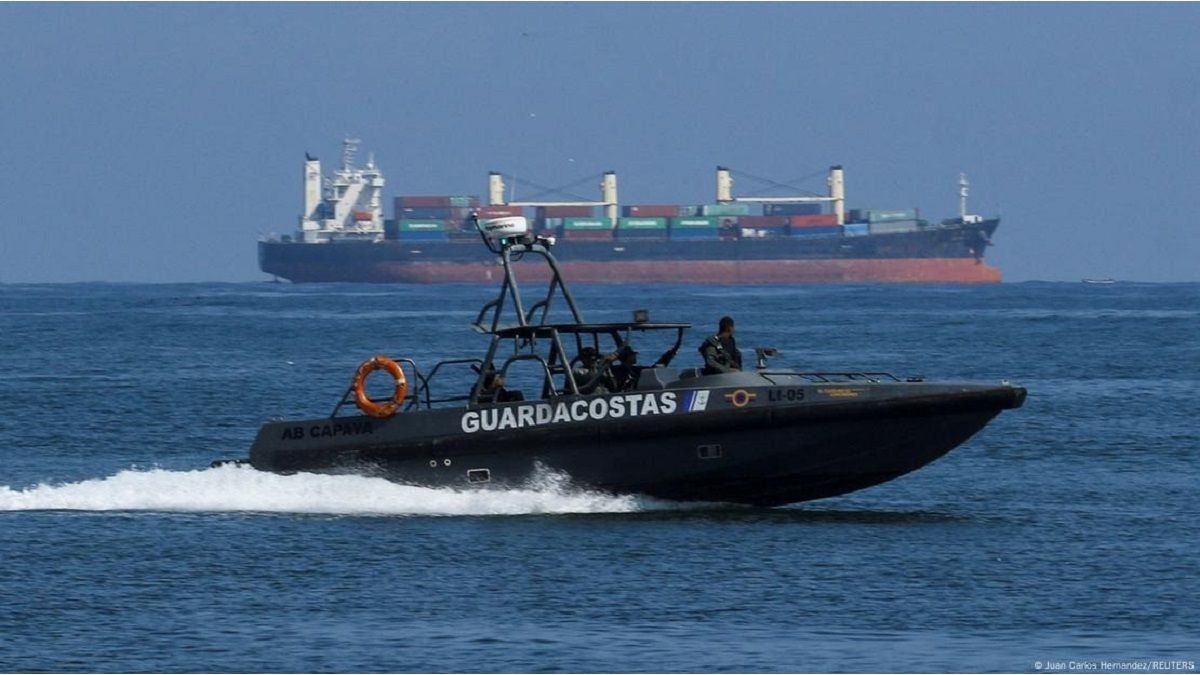The “yes” seems to be the favorite among the 4.3 million Danes called to the polls, with more than 65% voting intention in the latest poll published on Sunday.
But prudence prevails due to the high abstention that is expected and the tradition of this country accustomed to saying “nej” (no) to referendums on Europe.
“I believe with all my heart that we have to vote yes. Since we will have to fight for the security of Europe, we have to be more united with our neighbours,” Prime Minister Mette Frederiksen said in the final televised debate on Sunday night.
A member of the community bloc since 1972, Denmark fired the first cannon shot of euroscepticism by rejecting the Maastricht treaty in 1992 with 50.7%, something never seen at the time.
To put an end to this blockage that threatened the entry into force of the founding treaty of the entire European Union, Denmark obtained a series of exclusion clauses known as “opt out” in European jargon and finally said “yes” in a new vote last year. Next.
Since then, Denmark has been left out of the euro zone after a referendum in 2000, but also from the European policy of internal affairs and justice (also rejected in a referendum in 2015) and defense.
Due to this last exception, the Scandinavian country and founding member of the NATO it has not participated in any military mission of the European Union.
Denmark is the only country in the bloc with this disengagement and has made use of this exception 235 times in 29 years, according to a count by the Europe think tank.
But two weeks after the Russian invasion of Ukraine, the Danish Prime Minister announced an agreement with the majority of parties in Parliament to put this exception to a referendum, in addition to significant military investments to exceed NATO’s desired spending of 2% of GDP on defense.
“This was a big surprise,” Lykke Friis, director of the Europe center, told AFP.
“Many years ago nobody thought that the government would hold a referendum on the ‘opt out’ in defense matters,” says this expert. “Without Ukraine, this referendum would never have taken place.”
Also helping was the decision by Germany, Denmark’s closest ally alongside the United States, to invest massively in its military.
Previously marginal, the European Union’s defense policy has gained prominence in recent years, although the idea of a European army still makes many countries squeak.
In the Danish referendum, eleven parties out of the 14 with parliamentary representation campaigned for the yes, which represents more than 75% of the seats.
Only two far-right Eurosceptic formations and a radical left-wing party positioned themselves against it.
One of the main arguments of the “no” camp is that the emergence of a European defense would be to the detriment of NATO, the cornerstone of Danish security since its creation in 1949.
With the historic candidacy of Sweden and Finland for NATO and the Danish referendum, the three Scandinavian countries could soon participate in the European defense policy and the transatlantic alliance.
The results of the vote are expected on Wednesday night, around 11:00 p.m. local time (6:00 p.m. Argentine time).
The autonomous territories of Denmark, Greenland and the Faroe Islands, do not participate in the referendum.
Source: Ambito
David William is a talented author who has made a name for himself in the world of writing. He is a professional author who writes on a wide range of topics, from general interest to opinion news. David is currently working as a writer at 24 hours worlds where he brings his unique perspective and in-depth research to his articles, making them both informative and engaging.




